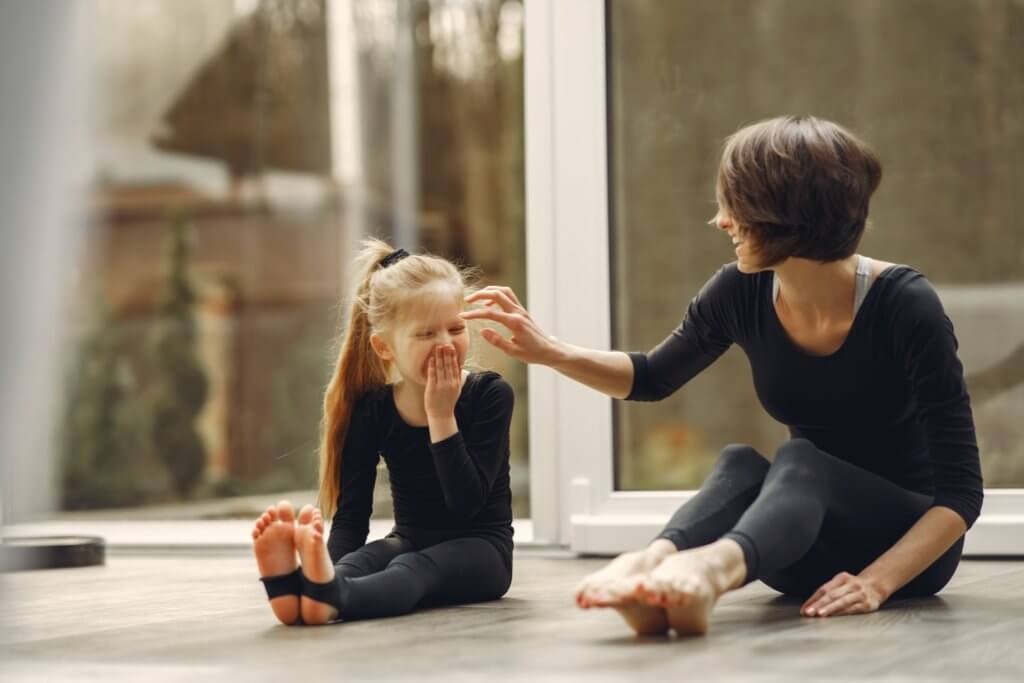CHANGCHUN, China — The age-old saying “laughter is the best medicine” might be more accurate than you think. A new comprehensive review of several studies on the effects of humor therapy on patients with depression and anxiety suggests that incorporating comedy and laughter into treatment could be a powerful tool in mental health care.
The extensive study was conducted on a wide range of integrative therapies, with a focus on humor-based approaches such as clown therapy and laughter yoga. The results demonstrated that humor therapy can significantly enhance treatment for mild cases of anxiety and depression, confirming the long-held belief that laughter truly can be a form of medicine.
The World Health Organization (WHO) has underlined the necessity of strengthening mental health care, which has amplified the importance of looking for innovative ways to promote positive emotions like happiness, self-esteem, and overall life satisfaction. Humor therapy can play a crucial role in achieving these targets.
The research team highlighted several notable types of humor therapies. For instance, clown therapy, which involves medical clowns lightening the atmosphere for patients through comedy, has been widely embraced. The study authors also discussed the use of laughter yoga, an approach introduced by Dr. Madan Kataria in 1994. It’s a unique form of yoga that integrates laughter, breathing exercises, and meditation, requiring no special equipment or facilities.

The review uncovered that humor can influence perception, attitude, judgment, and mood significantly. This impact could, directly and indirectly, improve a person’s physical and mental well-being. Although most studies have shown humor therapy to have positive effects, some suggested that therapy periods might have been too short to fully reflect these benefits, indicating the need for more extensive research in this area.
However, implementing humor therapy isn’t without challenges. Medical personnel’s attitudes and views toward humor therapy could be an obstacle, given the potential for disruption in regular patient care. It is suggested that consulting medical staff before implementing humor therapy could be a crucial step towards achieving the maximum benefits of this approach.
The future success of humor therapy hinges on its affordability and effectiveness. The study suggests that its integration into the national healthcare system, especially for special groups like the elderly and cancer patients, could promote its use.
The study also highlighted the potential for technology to bolster the reach of humor therapy. In situations where face-to-face interaction is limited, such as the COVID-19 pandemic or certain hospital settings, apps, video recordings, and live guidance could compensate for these limitations, helping to bring humor therapy to more patients.
The study concludes by recommending that future research should strive to use widely accepted definitions of humor and effective tools for assessing the impacts of humor interventions. Examining the neurobiological effects and laboratory marker tests could offer a more in-depth understanding of humor therapy’s impact on mental health.
In summary, this review underscores the potential power of humor in treating depression and anxiety. Although there are challenges to implementing humor therapy and further research is necessary, laughter might indeed serve as a medicine in the fight against these prevalent mental health issues.
The findings are published in the journal Brain and Behavior.
You might also be interested in:
- How to tell if your child may be a psychopath: It’s all about laughter, study says
- What’s the best way to message someone on a dating app? Go for (clever, not cringey) humor
- Laughing gas can quickly relieve symptoms in people with hard-to-treat depression

